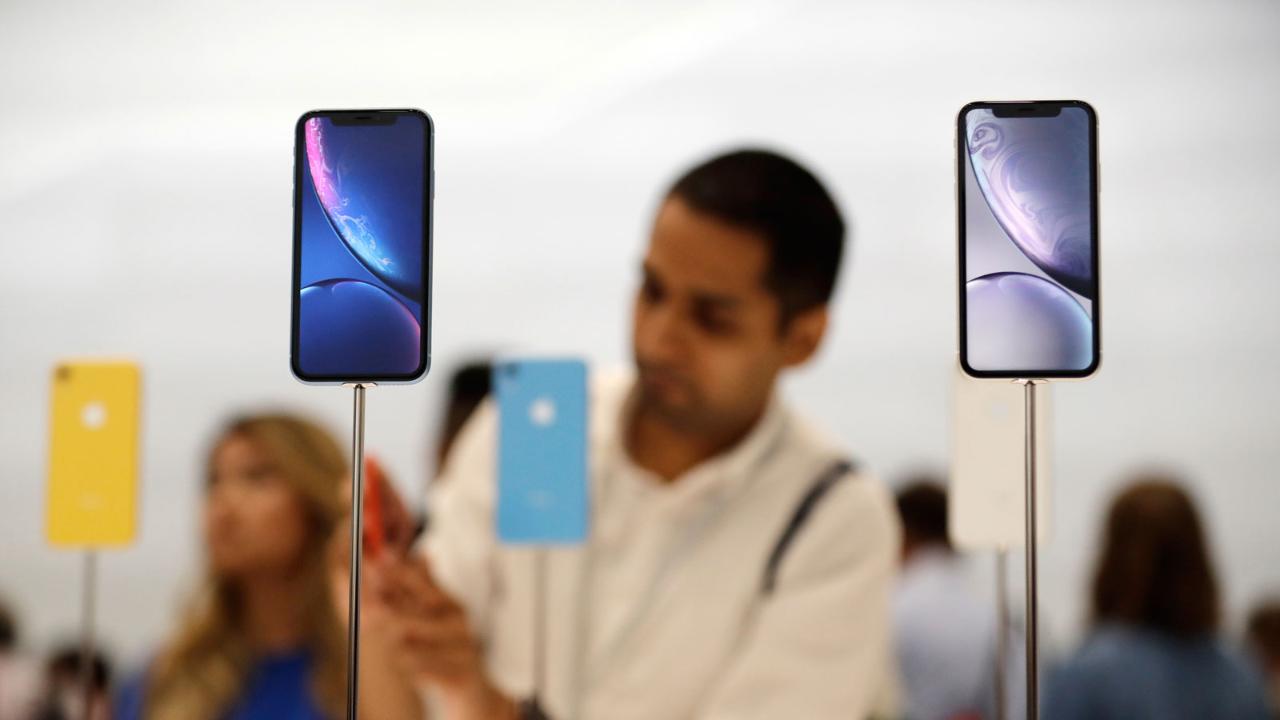Is Disneyland repeating Apple's mistake?
It will cost you a lot more the next time you want to visit Disney's original theme park resort. Disneyland raised its prices on Sunday, and this isn't just a token inflation-adjusted nudge higher. One-day ticket prices are now 7.2% to 10.4% higher, depending on the travel season. A single day at Disneyland or the adjacent California Adventure park will now set a visitor back between $104 and $149.
| Ticker | Security | Last | Change | Change % |
|---|---|---|---|---|
| AAPL | APPLE INC. | 278.12 | +2.21 | +0.80% |
| DIS | THE WALT DISNEY CO. | 108.69 | +3.71 | +3.53% |
Annual passes are getting 8% to 10% more expensive, with the high-tier Premier Pass that offers no blackout restrictions for Disneyland and Disney World admissions soaring a mind-numbing 23%, to $1,949 per person. Even higher-percentage gains are kicking in for other amenities, including parking and Disneyland's MaxPass digital ride-reservation service, which are moving 25% and 50% higher, respectively.
Disney's theme parks segment had a record showing in fiscal 2018, so one can argue that Disneyland has the pricing elasticity to keep boosting admission fees. But didn't Apple think the same thing with its new iPhones late last year? The sticker shock was too much for smartphone shoppers, and iPhone sales have fallen over the past year. Disney could be the next iconic company to price its way out of growth.
CLICK HERE TO GET THE FOX BUSINESS APP
It's a maul world after all
There may seem to be a method to Disney's madness. The highly anticipated Star Wars: Galaxy's Edge -- the 14-acre expansion themed to the media giant's most potent theatrical franchise -- opens this summer. Disneyland tends to push through annual price increases, so why wouldn't it kick in with a historic hike ahead of its biggest addition in two decades?
The problem here is that Disneyland rolled out an unusually steep increase last year. One-day tickets rose as much as 9% last February, with annual prices getting a boost as large as 18%. We're talking about one-day ticket prices going up nearly 20% over the past 12 months, with annual-pass prices moving substantially higher.
An obvious response here is that Disney is just pushing through what the market will bear. Disneyland is still routinely slammed with visitors, particularly on weekends and in peak travel seasons. Disney's shift to demand-based tiered pricing three years ago hasn't helped spread out the crowds, despite reserving the largest increases for admission during the busiest times of the year.
The rub here is that there is no experience that has complete pricing elasticity. Folks used to think that Apple could keep slapping higher price tags on updated iPhones, sentiment that made the tech bellwether the world's most valuable company by market cap until just a couple of months ago.
It's a whole new world now. Apple stock has plummeted 36% since peaking three months ago, surrendering its trillion-dollar market cap. The latest dagger came last week when the class act of Cupertino warned that revenue declined during the seasonally potent holiday quarter.
The latest iPhones cost as much as $1,449 for the XS Max with the largest storage capacity. Apple and wireless carriers are now scrambling for promotional offers to make the new smartphones more accessible.
There are other factors at play with Apple. Carriers have been weaning customers off wireless-provider subsidies that used to shave hundreds of dollars off new devices in exchange for two-year contracts. Apple is also facing some stiff headwinds in Asia, where rival smartphones are available for considerably less with some pretty nifty features. Disney isn't facing those kinds of hurdles, but its business model makes it more susceptible than Apple in a slowdown.
When sales go soft, Apple can just curb production. Disney's theme parks don't have the same kind of variable cost structure. The number of resort hotel rooms and park attractions are fixed. The only levers Disneyland can use when business goes soft is to offer markdowns to drum up traffic, or trim back operating hours to save on labor, and both routes ultimately devalue the experience for guests.
Apple is learning the hard way that it can't keep raising prices forever, and you're highly unlikely to see an increase when the next wave of iPhones hits the market later this year. Disneyland could be in for a rude awakening if there's a little more elbow room at its California parks now, unless Star Wars: Galaxy's Edge truly raises the bar in the experience that a theme park can offer.




















